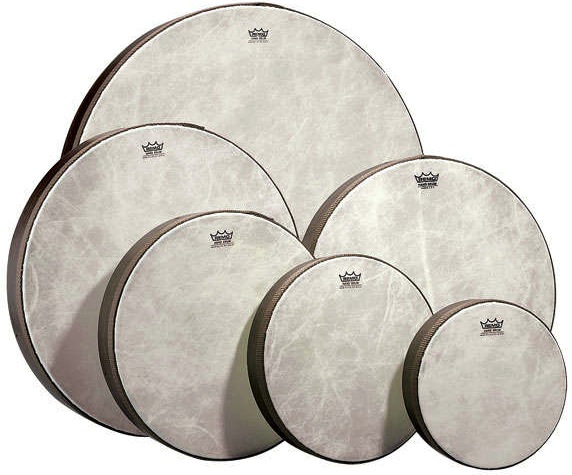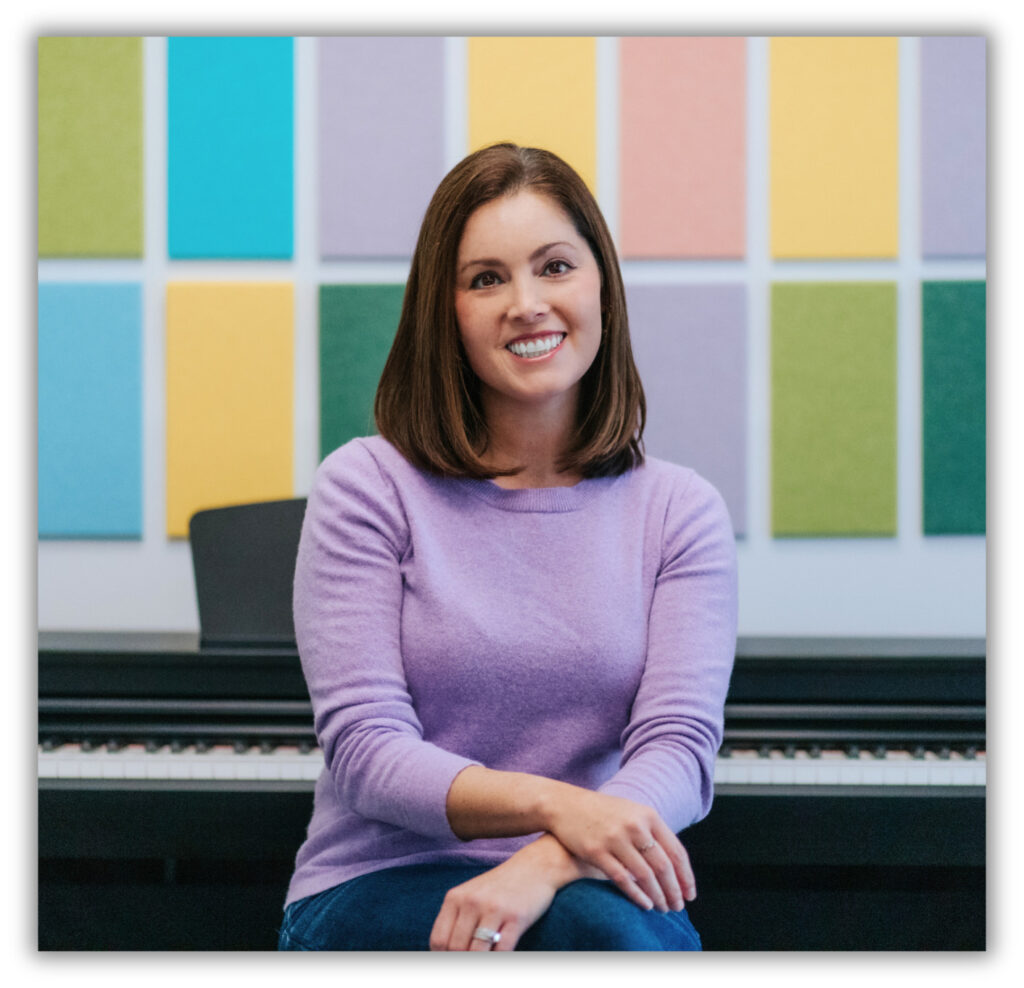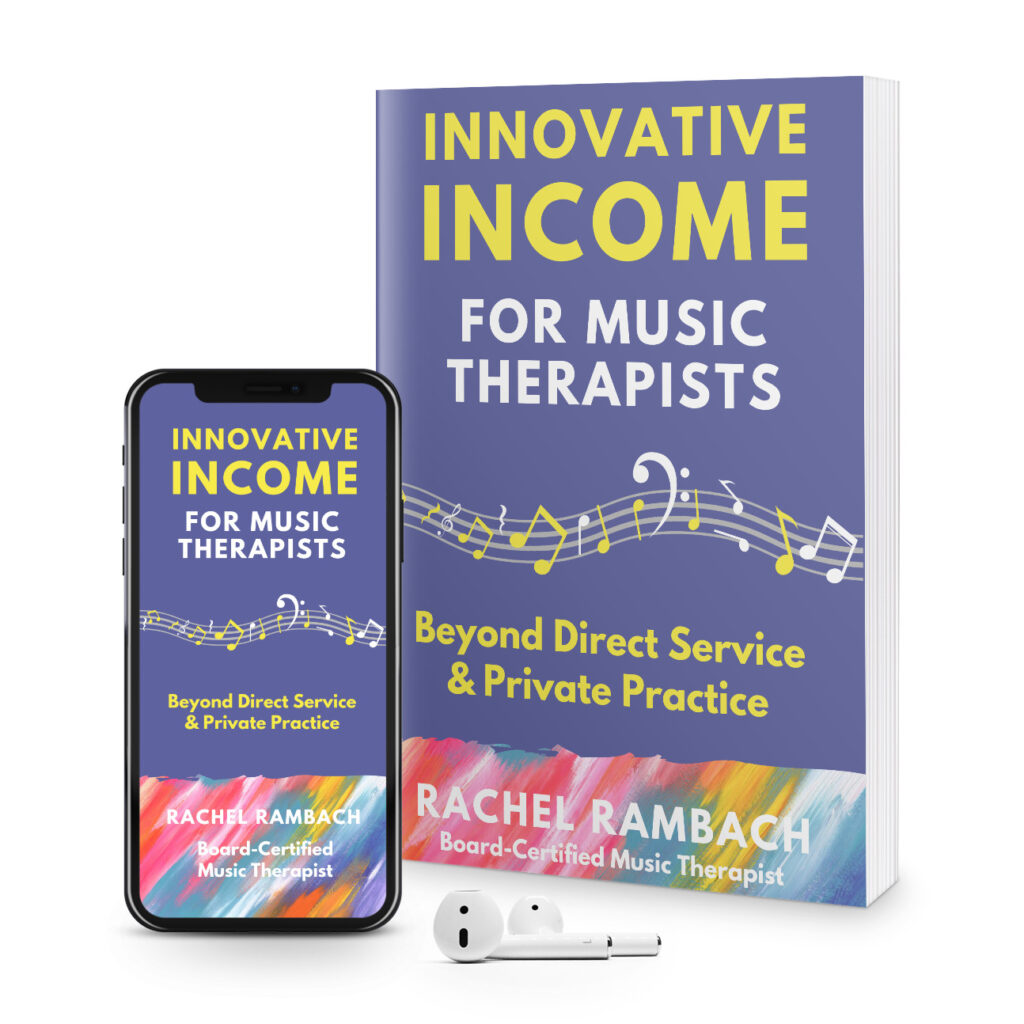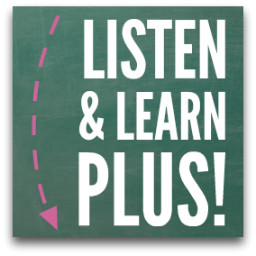by Rachel | Uncategorized

Today, I’d like to share a letter I received from a teacher in Texas on behalf of her students past, present and future. I’ve mentioned her several times, and she is a member of Listen & Learn Plus. As music therapists, these are just the words we need to hear from time to time.
Esteemed Music Therapists,
Thank you. If you have not heard those words this week, thank you. Rachel mentioned in a recent blog she had a moment of doubt whether or not her therapy had an impact on a particular student. Most probably we have each struggled with this doubt at one time or another. However, I will attest your music and therapy does. Time and space do not allow me to recount the myriad of times music has opened closed doors for my students.
As a prekindergarten teacher I think maybe we share some of the same frustrations when it comes to advocating for our profession. At times both those inside and outside the education community lack an understanding of what we do and the impact it has on our students. Those of us who rely on music, and music therapists, as an integral part of our instruction know–especially those like me whose only musical talent is pressing a button on a CD player or iPod. If we have failed to thank you, let me do that now. If you have times of frustration, if others ask questions that show a lack of understanding, bring to mind one student, one moment when it was clear your gift to these souls was evident. Please keep using your gifts to open avenues of communication and cognition for our students.
Thank you, Rene, for your beautiful letter and for supporting music therapy. Your students are lucky that you understand the benefits of music, and that you use it to teach them regularly.
by Rachel | Uncategorized

I came down with laryngitis for the first time as an 11-year-old in the 6th grade. Little did I know that it would be the first of many, many cases that would disrupt auditions, performances, competitions, and eventually, work responsibilities.
As someone who makes her living as a music therapist, studio teacher, and occasional performer, my voice is my livelihood. I’m a one-woman show, and I don’t have a substitute therapist or teacher I can call in when my voice goes MIA. Needless to say, that old phrase “the show must go on” resonates deeply with me.
Take this afternoon, for instance. I’m scheduled to lead an early childhood music class that is open to the public; not everyone who might attend is on the email list. So I have no choice but to show up and do the best I can to provide an enriching musical experience for those families.
I’ve done it many times before, both in this setting and in others, and there are a few techniques I rely on to avoid a total FAIL of a class or music therapy session.
- Many of my students love to perform for each other, and this is the perfect time to let them have an impromptu talent show.
- Lead movement-based activities that rely on imitation rather than verbal instruction.
- Sign along to meaningful recorded music and have students follow.
- Let students take turns leading musical activities or interventions.
- Pass out percussion instruments and have a drum circle.
- Use color-coded lyric sheets to lead handbell playing.
- Student-facilitated songwriting and lyric analysis. They talk, I write and/or play.
And the one big no-no: DO NOT FORCE YOUR VOICE. That sentence deserves capital letters. I used to do it all the time despite warnings from my doctor, but I know now that it’s just not worth it in the long run. Besides, there are lots of different ways to make music beyond singing. What can you add to my list?
(A final note — as much as I love MacGyver-ing my way through life as a music therapist with laryngitis, I really like to sing and would very much appreciate good vibes sent my way for a speedy recovery!)
by Rachel | Uncategorized

Last summer, I received an email notifying me that a former student’s family had donated $2,000 to my music therapy program at The Hope Institute. Needless to say, I couldn’t wait for school to start so that I could take inventory of our current instrument collection and decide what to add to it.
Rainsticks, jingle bells, tambourines, cabasas, and a Q-Chord were immediately added to the list, as were all 5 Garageband Jam Packs. And then, a few months later and with a little over $1,000 of the donation remaining, my music therapy intern suggested that we order some new hand drums.
I took the drums with me to classrooms for the first time this week, and they definitely did not go unnoticed. Students and co-workers oohed and aahed when they spied them on my cart in the hallway, and it was apparent that the drums had quickly replaced the shaky fruit as their instrument of choice.
Karen (my intern) and I are using these drums to address all kinds of objectives, including the concepts of slow/fast, soft/loud, counting, 1:1 correspondence, imitation, and more. But I don’t consider myself a drumming expert at all, so for those of you who are, what are some cool ways I can incorporate these drums into my music therapy sessions? (I’m looking at you, Kat Fulton!)






